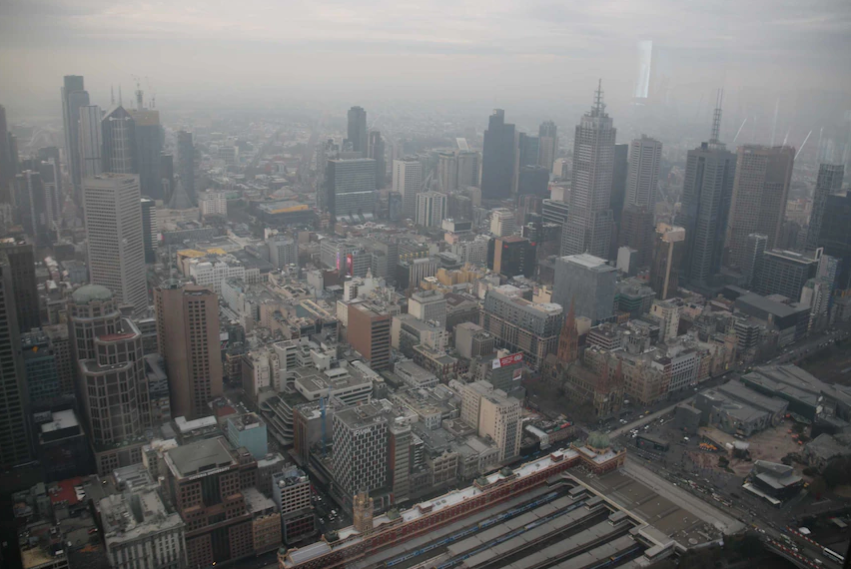Ventilation & Filtration is key in COVID-19 fight


Professor Morawska, Director of the International Laboratory for Air Quality and Health at the Queensland University of Technology has spent her career researching air quality and pollution around the world, and the COVID-19 pandemic has brought her work to the forefront as the world comes to terms with the airborne nature of the virus.
There was initial reluctance to state outright that COVID was transmissible by air.
'There hasn't been any confusion between scientists about this' Professor Morawska said. 'Where the resistance has been is from the public health authorities including the WHO.'

Professor Morawska is a consultant to the World Health Organisation, who only formally acknowledged aerosol spread the COVID-19 in April of this year, 13 months after it declared a pandemic.
Professor Morawska believes the reluctance to acknowledge airborne transmission may have been political in nature.
"If they admit airborne transmission is significant then building and engineering measures, in particular ventilation, have to be taken onboard. Then the government needs to do something."
"It's much easier to tell people to wear a mask or stay at a distance from others, because then it puts responsibility onto people," she said.
Professor Morawska says she has petitioned both federal and state governments over air quality and ventilation, often without a reply.
"The responses were that basically 'everything is done properly and it's fine'," she said.
But the cost of Australia's poor air quality may come back to haunt it in other ways.
"The politicians have all the data on how much it costs not to have good air quality," Professor Morawska said.
"The issue of the cost is that we are paying a much, much bigger cost as a society and a country if we are not doing anything about inadequate air and air pollution."
In a statement to the ABC, Victoria's Department of Health and Human Services said further guiding principles for ventilation in non-healthcare settings were currently in development.
The department also said assessments of ventilation were routinely undertaken in both exposure sites and locations where people are quarantining to determine how airflow can best be optimised.
But some areas in the community are still presenting a risk in airborne transmission of viruses. Venues that rely on natural ventilation pose notable health risks when doors and windows are closed to keep out the elements, trapping contaminated air inside.
An outbreak in South Australian medi-hotels last year was linked to poor ventilation, with SA Chief Public Health Officer Nicole Spurrier blaming the lack of air exchange in hotel corridors.
Locations where people spend longer periods of time have also been flagged as danger spots for airborne transmission.
"Restaurants are a particular problem. Even if masks are mandated in the state, they're not worn in restaurants," Professor Morawska said.
"We spend in this unventilated space one hour or two hours, and these restaurants are often full to capacity."
In cases such as the Ms Frankie cafe outbreak in July and the Smile Buffalo Thai Black Rock outbreak in January, the solution may be specialised air filtration equipment.
A Victorian Government audit leaked in June found that almost 50 per cent of hospital isolation rooms in the state failed to meet ventilation guidelines.
And 11 per cent of Victorians hospitalised with COVID-19 last year caught the virus while already in hospital.
When asked about the issue of ventilation, Health Minister Martin Foley said the Victorian Health building authority had already commenced implementing a substantial range of measures to bring the state's health facilities up to standard.
However, the Minister acknowledged more work was needed in the space.
"It's barely scratching the surface of the work that needs to be done nationally," Mr Foley said.
"Victoria strongly supports the calls for the Commonwealth to take a greater lead in this space, given that the building regulations are a nationally regulated area."
As far as Professor Morawska is concerned, the clock is ticking on Australia's air supply.
"Every week of delay in telling Australians that ventilation is important is just exposing Australians to more transmission."
Full Attribution to ABC News Australia and Author Judd Boaz

